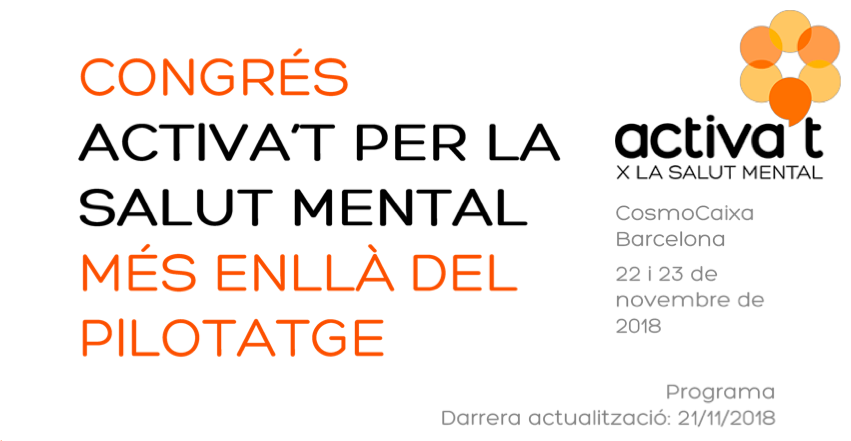Professionalized peer support, a hallmark of the Recovery movement, is an intentionally and appropriately sharing of personal experience to convey hope, develop strengthening relationships, and offer help and support from the perspective of a person who has gone through the same thing. In order to professionalize this figure and to provide it with appropriate skills, competencies and tools, technicians must be trained through activities specifically designed to perform these functions. Although the origin of the peer support movement and activities was given in the field of self-management, the positive impact of these activities facilitated the formalization of training and professionalism in a number of countries. This has happened first in North America and the rest of Anglo-Saxon orbit, followed by German-speaking, Scandinavian and Benelux countries.
Peer support plays an important role in recovery, but also provides employment opportunities and promotes independence and hope in people with mental health problems. The recent project “peer2peer”, has been the first introduction of a vocational training model that integrates full peer support training in Spain. Apart from Spain, partners from Austria, Bulgaria, Italy, Romania, Spain, the Netherlands and the United Kingdom participated in this project. To test its viability, each of the partners organized this course locally, and about 125 students completed it in four different EU countries, showing excellent results. At the Catalan level, the European project EMILIA, was a first step in this regard, strengthening the figure of the patient as an expert in his condition and possible facilitator of accompanying processes. Currently the association EMILIA, as well as the Federation Veus where it is integrated, are promoting the introduction of the figure of Peer Support Technician in Catalonia.
In the area of Catalonia, it has begun to train facilitators who are able to implement in the future training in Peer Support Technicians to professionalize the figure. This program included five blocks, among which the pedagogical (necessary as a trainer training), the basic concepts and topics of peer support, and above all, the sessions dedicated to the participants of the course contribute to the selection and creation of content that will be the model “Voices” training of peer support technicians.

